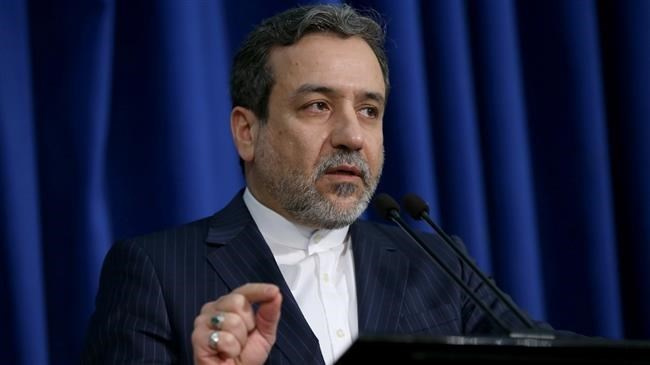Efforts to pass anti-Iranian resolution threaten diplomacy

Seyyed Abbas Araqchi made the remarks in a meeting with Secretary-General for Foreign Affairs in the Federal Ministry for European and International Affairs Peter Launsky-Tieffenthal on Monday, Mehr News Agency reported.
Both sides conferred on the historical and friendly relations between the two countries as well as the latest developments over Iran nuclear deal, officially known as the Joint Comprehensive Plan of Action (JCPOA).
According to Araqchi, Iran will fully comply with its JCPOA commitments if Washington lifts the illegals sanctions against the Islamic Republic.
The IAEA Board of Governors convenes its regular March meeting virtually on Monday. It will discuss a range of issues, including the verification and monitoring in the Islamic Republic of Iran in light of United Nations Security Council Resolution 2231 and NPT Safeguards Agreement with the country, according to the UN nuclear watchdog’s website.
The head of the Atomic Energy Organization of Iran (AEOI) said Tehran will give a proper response to any anti-Iran resolution adopted by the IAEA Board of Governors regarding the recent JCPOA developments.
“In case the Board of Governors of the International Atomic Energy Agency adopts an anti-Iran resolution due to the suspension of the [NPT] Additional Protocol, we will give a proper response,” Ali Akbar Salehi said on Sunday.
Criticizing the inaction of European counties regarding their JCPOA commitments, Araqchi describes any attempt to pass an anti-Iranian resolution in IAEA Board of Governors as unconstructive, adding that the move will threaten diplomacy, especially after the recent agreement between Tehran and the International Atomic Energy Agency.
Launsky, for his part, reiterated his support for the Nuclear Deal and further considered the agreement between Iran and IAEA as an opportunity to resolve issues diplomatically.
E3 countries seek to pass a US-backed anti-Iranian resolution despite the warnings issued by Moscow and Tehran regarding the consequences of such action.
Britain, France, and Germany have submitted a draft resolution to the Board of Governors accusing Iran of undermining transparency. They also expressed concern about the lack of progress in getting Iran to explain the presence of uranium particles at the three sites.
IAEA and the AEOI reached a temporary bilateral technical understanding last month, under which the latter would continue to use cameras to record information at its nuclear sites for three months, but it would retain the information exclusively. If the US sanctions are lifted completely within that period, Iran will provide the footage information to the UN nuclear watchdog, otherwise, it will be deleted forever.
On February 26, Salehi warned that recordings from monitoring equipment that the IAEA installed at the country’s nuclear sites will be deleted if the United States does not lift its unilateral sanctions within the next three months.
Source: Iran Daily

